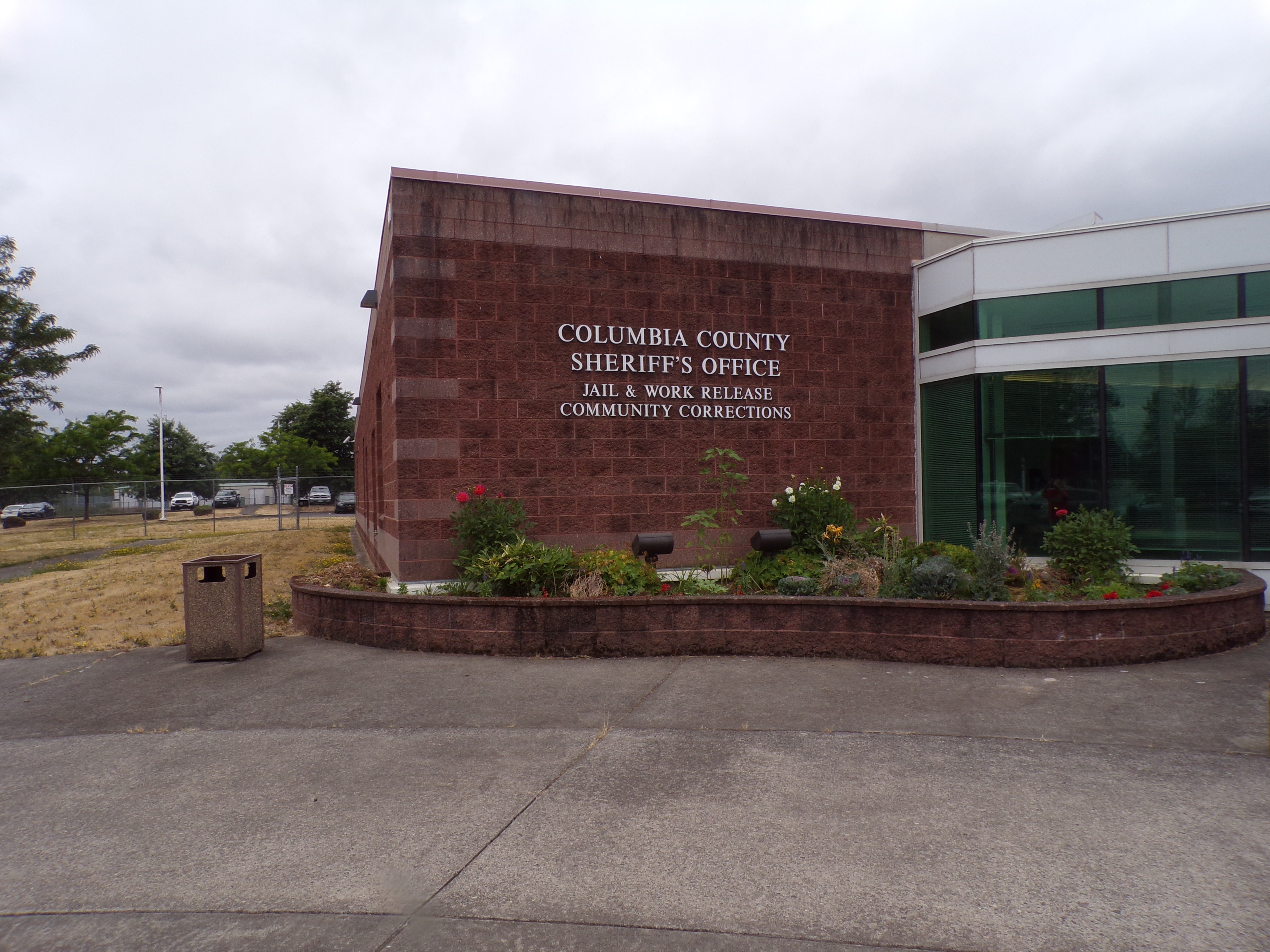What’s going on with St. Helens utility fees? Here’s what to know about your water bill.
Published 11:11 am Tuesday, July 29, 2025

- Higher fees on St. Helens' utility bills have sparked a petition for a ballot measure to limit the city from adding fees to residents' water bills. (Courtesy of SC Johnson Professional via Wikimedia Commons)
St. Helens residents have heard a lot about additional fees on their utility bills in recent months.
Much has changed since the city began work on its 2025-26 fiscal year budget, and only some of the proposed changes affecting residents’ water bills came to fruition.
Here’s what to know:
Do St. Helens residents pay any additional fees on their utility bills that are unrelated to the utility service?
Trending
Yes. St. Helens residents pay a monthly public safety fee to help fund the construction of a new police station, which is added to their utility bills. The fee was increased from $10 to $10.30 per housing unit when the city council passed St. Helens’ 2025-26 budget.
What about the $40 fee that was proposed?
The proposed 2025-26 budget initially included a general services fee, which would have cost residents another $20-42 each month.
That fee was not approved by the city budget committee and is not being charged to residents.
Why have my water bills increased?
In addition to the 30-cent increase on the public safety fee, rates for water, sewer and storm drainage services went up when the city passed this fiscal year’s budget. In total, the higher fees were projected to increase bills for the average household by about $3.37, according to a city staff report.
I’ve heard about initiatives to require voter approval of new fees. What’s going on with that?
In response to the city’s utility fee hikes — both proposed and actual — two avenues have emerged to amend the city charter to add limitations on additional utility bill fees.
St. Helens resident Harvey Bilton has filed a petition to ask voters to repeal the city’s $10.30 public safety fee and prevent the city from adding fees to utility bills that are unrelated to providing utility services.
Trending
Should the petition garner enough support, voters will see a ballot measure asking if the public safety fee should be repealed and if St. Helens’ ability to add fees to utility bills should be limited.
In Oregon, petitions to refer city initiatives to the ballot need to have valid signatures equivalent to 15% of the number of registered voters in the city at the time the petition was filed. In this case, the number of signatures required is 1,636. To make it on the ballot for the November election, the signed petitions must be filed to the city by Aug. 6.
Additionally, the St. Helens City Council recently directed city staff to begin the process of drafting a ballot measure proposal for a city charter amendment that would require voter approval of any new fees or changes to fees collected through utility billing.
While this initiative is still in its early stages, Mayor Jennifer Massey introduced it as a way to preserve the city’s mechanism for collecting funding for projects such as the new police station while allowing for public oversight. In her initial proposal, Massey specified that fees that are already in effect would continue to be billed, but any new fees would need to include an expiration date.
A timeline for this hasn’t been solidified, but the topic is expected to come back up in a future city council meeting once the ballot measure proposal has been drafted. If the city council approves the ballot measure proposal, it will be up to voters to decide if the city charter should be amended.







